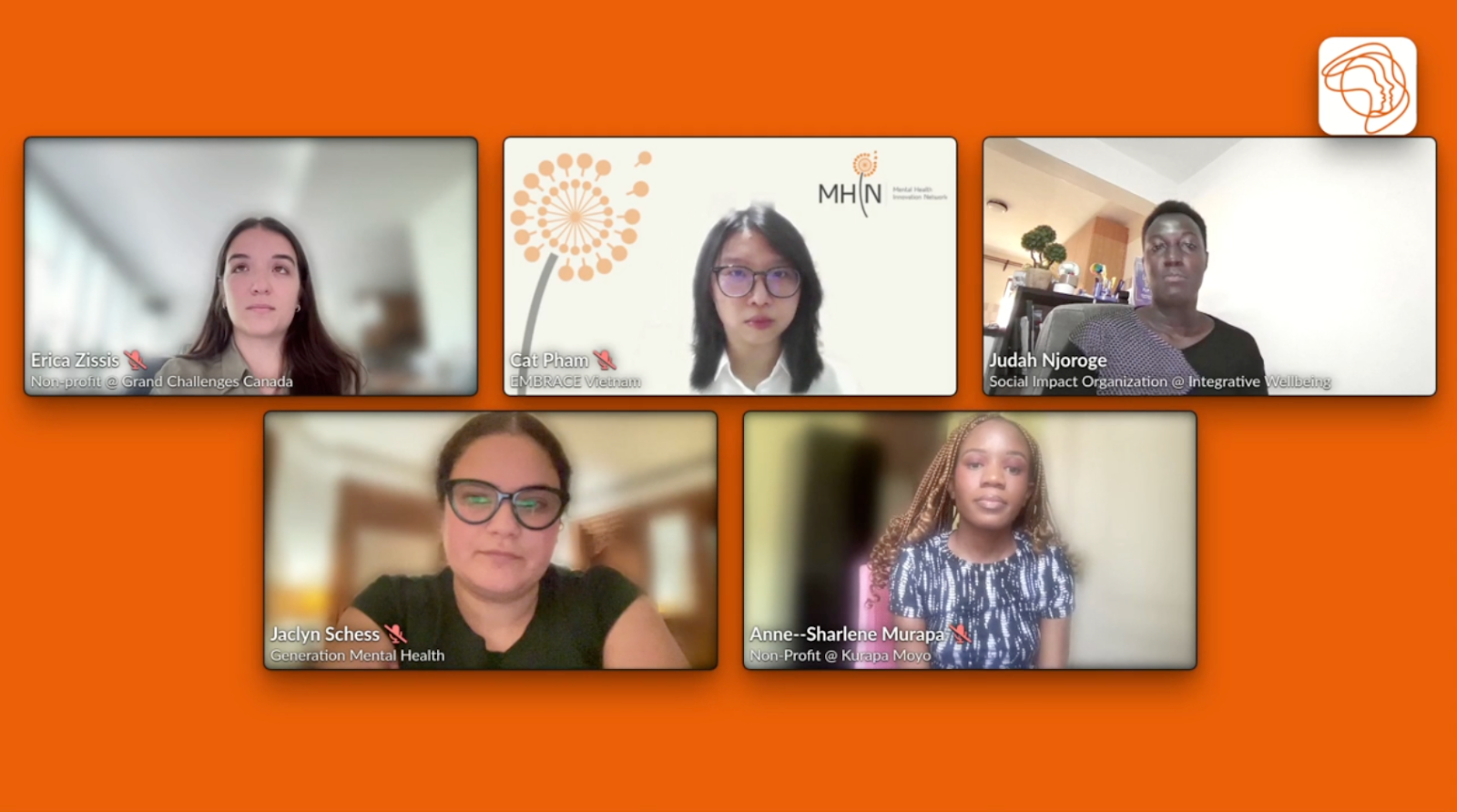Holding onto beams of hope in Mumbai
Co-Founder Sonali Kumar shares a poignant insight into life in Mumbai since the COVID-19 pandemic.
It would’ve been impossible to imagine eerily silent roads in a country of over 1.3 billion people, until now. In Bombay, outside my family home, stray dogs and cats wander about empty streets, wondering where the roadside food sellers (their meal providers!) disappeared to almost overnight. On 24th March, with 519 cases and 10 deaths at the hands of COVID-19, the government announced a 21-day lockdown. Because all public transport services were shut down, over a hundred million internal migrant workers were required to travel across state borders to return home by foot, forced to leave cities and jobs which provided for them day-to-day. People died of exhaustion and starvation. The government infamously mass-sprayed travellers with disinfectant, spurring anger and grief on social media. Amidst this, sectarian riots broke out in north-east Delhi, leaving 53 Muslims dead and thousands thrown from their homes, injured at the hands of Hindu mobs. The tragic conditions which left millions stranded were the same conditions which kept most of India’s middle class safe at home, “[quaffing] wine in comfort, while India’s poor are thrown to the wolves” as headlined in The Guardian on March 30.
Amidst these events came several beams of hope, which I have been clinging on to and trying to promote. Apart from cleaner air than we’ve had for a decade and reports of dolphins and whale sightings around our coasts, NGOs and individual families have rallied together to provide meal & hygiene packets for daily wage workers, migrant labourers, widows, street children and other vulnerable groups across the country.
One in particular, Youth Feed India by Safa Society, is a group of young people who came together to provide "relief kits” across 6 cities in India . Thus far, they have provided over 33,00,000 meals to over 2,30,000 people across India through 47,000 relief packages, and their tireless network of volunteers is nowhere near stopping. Check them out here, and donate, if you can: bit.ly/yfiketto
We are blessed to be safe, today and every day that other people are not. Trying to focus energy on good initiatives, I hope, will multiply that goodness. That must be very least we can do. Stay safe everyone!
Check out our other blog posts and stay up to date with GenMH by signing up to our newsletter here !



